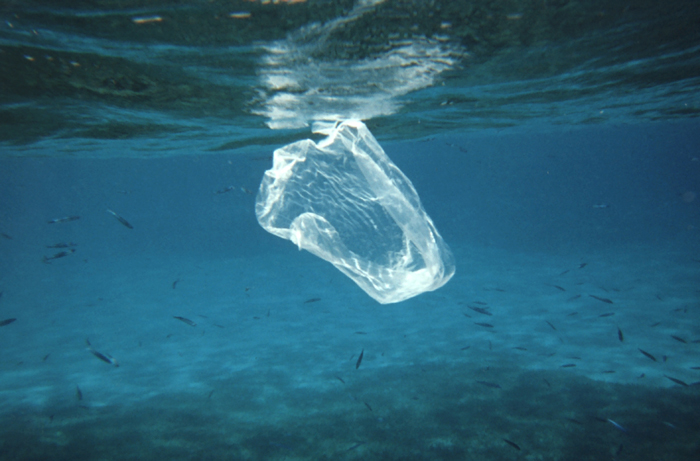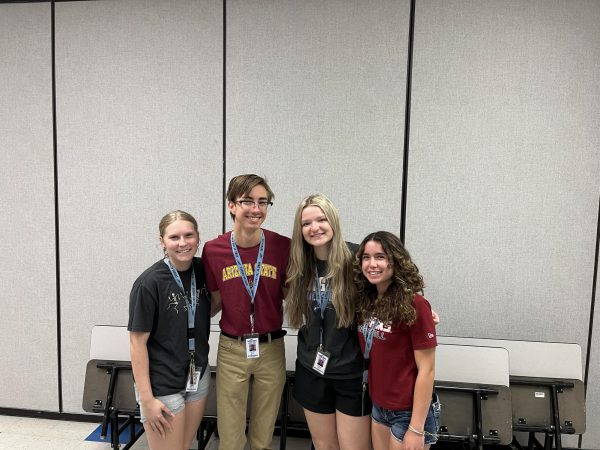Potential Solution to Plastic Pollution
May 18, 2018
Every day, millions of people around the world use plastics. They’re present in everything from water bottles to grocery bags. It’s safe to say that plastic has become an everyday part of our lives.
This isn’t particularly a bad thing for us; plastic is used for diabetics and the use of disposable syringes, arthritic patients can opt for a cheap plastic joint replacement, and construction workers wear it to protect their heads. Plastic has millions of uses, but it’s been hurting our environment for too long.
When plastic hits our oceans, whether that is plastic bags or fishnets, it poses a large threat to the animals that depend on the ocean for food. According to the World Economic Forum, every minute, the equivalent to one garbage truck of plastic is dumped into our oceans. That’s a whopping 32 percent of the 78 million tons of plastic packaging produced that will annually be left to flow into our oceans.
The rate of plastic runoff is expected to increase to two trucks per minute by 2030 and four per minute by 2050. According to a study by World Economic Forum, by 2050, this could mean there will be more plastic than fish in the world’s oceans. However, scientists exploring a Japanese landfill have found something that could change the rate of plastic waste being left to fill the oceans.
With research spurred by this discovery in 2016, a team of Japanese scientists who were looking through plastic waste found bacteria that is capable of breaking down and essentially “eating” one of the world’s most popular plastics – polyethylene terephthalate, or PET, which is primarily seen inside of plastic bottles. This type of plastic can last lifetimes, while the bacteria can eat it within months.
British and American scientists were on to something when they were studying the bacteria and created a mutant enzyme that is even more efficient at breaking down plastic bottles. The discovery came as scientists from the University of Portsmouth in the United Kingdom, and the National Renewable Energy Laboratory in the United States examined an enzyme produced by the Japanese bacteria to find out more about its structure. They are attempting to manipulate the structure to better understand how it actually works and accidentally engineered the mutant enzyme.
As this new mutant enzyme was accidentally engineered, it could potentially make its way into the plastic recycling industry and significantly reduce the amount of plastic polluting the Earth’s oceans.














